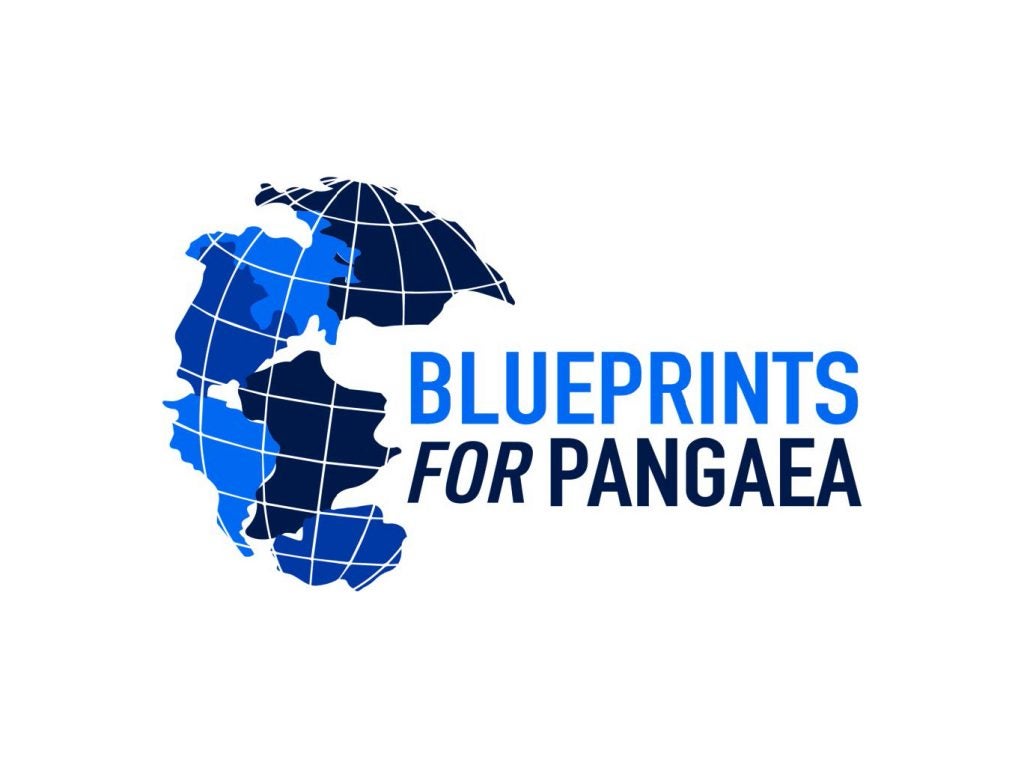YASH PATEL
Prior to coming to Bootcamp, Blueprints for Pangaea was already an organization and had been for five years. Primarily, we were looking to learn the means by which we could establish an inventory application that would make the process of inventorying faster. Thus, our project idea was to develop a scanning application that would scan a label on a medical device and gather all the important information such as name, REF number, expiration date, and so forth. In addition, we were looking to gain access to a reliable medical supply database which would offer us the most accurate prices when determining what medical supply we were working with.
Over the course of Bootcamp, our idea evolved as we can gather more insight from other members and facilitators. Specifically, we were given the opportunity to about other possible alternatives and really gage the impact that these other alternatives had. Furthermore, we were given access to a wide variety of strategies by which we could organize our thoughts and focus our thoughts. In addition, we were able to better understand what factors of the application were reasonable by comparing the effort required to the impact that it would make. Bootcamp allowed our group to expand our knowledge and gain valuable insight from other members even in a virtual format.
For me, the personal highlights were the ability to learn about the projects of other groups and understand their tips about our project. By learning from other people, I was truly able to understand the strengths and weaknesses of the inventory app. Furthermore, I learned a great deal about how to organize my thoughts in an effective and succinct manner while working on idea creation. The A3 was a perfect example of a format that allowed me to make sure that I was incorporating all possible solutions and really approaching the issue at hand in the most effective manner. Learning from my peers while also gaining valuable methods in organizing thoughts made Bootcamp an amazing experience.
MAITHELEE SATHE
Blueprints For Pangaea is a student-run nonprofit organization that works to reallocate excess, unused medical supplies from U.S. hospitals to low-income areas domestically and overseas.
Before Bootcamp, our project idea was to create an iOS application that would scan our medical supply labels and identify information (i.e. type, name, price, etc.) about the supply. By doing so, we hoped to expedite our inventorying process and improve the estimate of the market value of our supplies.
Our team entered Bootcamp with a rough idea of how we wanted to approach our project. However, over the course of Bootcamp, our team was able to brainstorm different ways to address our inventorying issue that went beyond just the app, such as improving our inventorying event process for our volunteers and potentially even getting our hospital partners to organize the supplies in advance. Though our overall idea remained the same, the way we approached the idea evolved to allow for more creativity. Bootcamp encouraged us to think more out of the box and look at our problems more holistically, thus allowing us to create a stronger foundation for our project.
My favorite part of Bootcamp was the Ginsberg Center’s presentation on entering, engaging, and exiting a community. I really enjoyed the emphasis on putting impact above intent, and working with the stakeholder, rather than for a stakeholder, to maximize impact. Additionally, I appreciated learning about the importance of cultural humility when approaching a project. As a perfectionist, I can sometimes get defensive when I don’t know everything about a plan, but this focus on humility reminded me to be open to learning everything I can. Overall, Bootcamp was an incredible experience that not only taught me a lot for the project but also showed me essential leadership skills and resources that will assist me on campus and beyond.
GRANT VELDHUIS
Before coming to Bootcamp, our project idea consisted of an “Inventory App,”
which helps accelerate our inventory process by scanning medical supply labels and automating data collection. Though we are largely still sticking to our “Inventory App” as the primary focus of our Capstone project, Bootcamp made my team very closely think about the problem at hand instead of jumping straight to possible solutions. We learned that our current operational efficiencies are rooted in our organizational priorities and the accessibility of certain types of data, which helped us realize which aspects of our project to especially focus on. We also considered many types of solutions past the “Inventory App,” such as outsourcing data collection or revamping our volunteer training. Though we found the “Inventory App” to be the highest impact option, we still formulated many ways to improve our operations beyond the implementation of this iOS app.
One thing I learned is that a great idea isn’t immediately achieved, but is the culmination of many practices, such as contemplating the root of the problem,
considering and analyzing all options, understanding the impact of your options on the greater community, and contextualizing your decision with comprehensive research on the problem. All of these things may seem undesirable compared to directly pursuing the project, yet Bootcamp showed me that these all contribute to an infinitely more robust and comprehensive solution.







